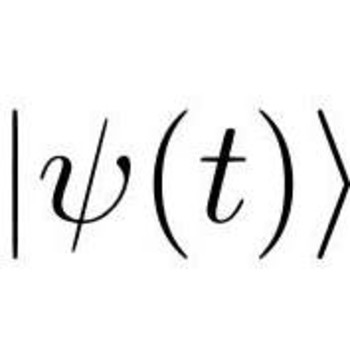Potassium-4040 is an interesting isotope of potassium, that can undergo both beta-plus and beta-minus decay.
It has an 89%89% chance of undergoing beta-minus decay, turning into calcium-4040, and the equation for that is:
""_19^40K->""_20^40Ca+e^(-)+barv4019K→4020Ca+e−+¯v, where barv¯v is an antineutrino, and e^-e− is an electron.
Meanwhile, the remaining 11%11% chance makes it undergo beta-plus decay, which turns it into argon-4040, and that equation is:
""_19^40K->""_18^40Ar+e^++v4019K→4018Ar+e++v, where vv is a neutrino, and e^+e+ is a positron.
Source:
http://www.radioactivity.eu.com/site/pages/Potassium_40.htm

